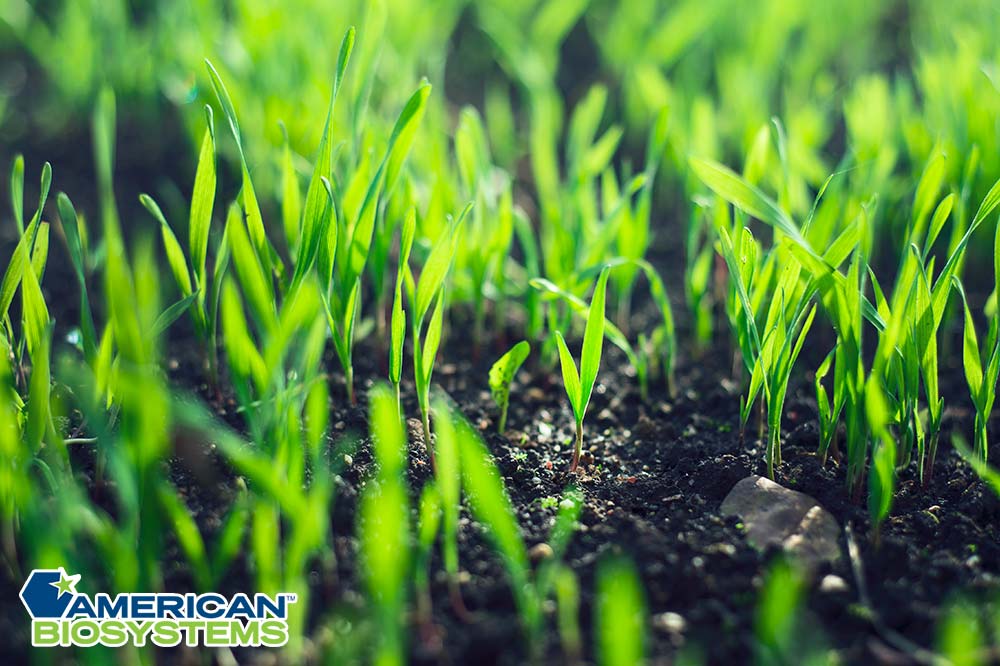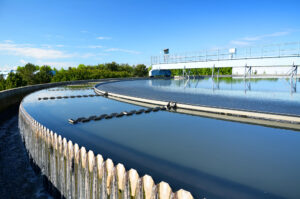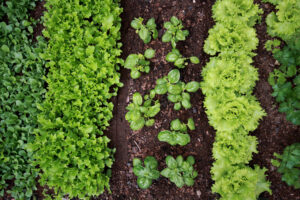Plants need several types of nutrients to grow. These required elements and minerals are known as limiting nutrients. When one of these nutrients is lacking, it can limit the growth or development of the plant.
By understanding the basics of nutrition for plants, growers can more easily identify which nutrients are in abundance or lacking and take steps to correct the problem. Keeping the correct composition of limiting nutrients will keep plants healthy and productive.
What Are Limiting Nutrients
Plants must have 17 different elements to grow. These are called macronutrients and micronutrients. Macronutrients are used by plants in large quantities and include nitrogen (N), phosphorus (P), potassium (K), calcium (Ca), magnesium (Mg), and sulfur (S).
Vegetation also needs air-based elements such as hydrogen(H), carbon(C), and oxygen(O). Since these elements are airborne, you don’t have to add them to the soil.
Micronutrients may also be referred to as trace elements. Plants only need micronutrients in smaller quantities. These elements include iron (Fe), manganese (Mn), boron (B), copper (Cu), nickel (Ni), chlorine (Cl), molybdenum (Mo), and zinc (Zn).
Most soil contains all the macronutrients and micronutrients that plants need. However, sometimes one or more of these nutrients may be lacking, which can lead to nutrient deficiencies and stunted plant growth.
How to Identify Limiting Nutrients
The first step in correcting a nutrient deficiency is to identify which nutrient is lacking. At American Biosystems, we can supply products to help supplement your plant growth, and increase the quantity and uptake of macronutrients in the soil.
Nutrients For Leaves
One of the most important nutrients for plant growth is nitrogen. This element is essential for the development of leaves and stems, and it helps plants to produce chlorophyll, which is necessary for photosynthesis.
Nitrogen is present in many fertilizers, but it can also be found in the atmosphere and the soil. Plants can take up nitrogen through their roots, and it is often the first nutrient to become depleted in the soil. Typical compost items such as coffee grounds and grass clippings are also high in nitrogen.
While nitrogen is essential, too much of it can lead to pests and diseases in plants. If you think your plants may be deficient in nitrogen, look for symptoms such as yellow leaves, small leaves, and slow growth.
Nutrients For Roots and Flowers
Phosphorus, potassium, and magnesium are necessary for the development of roots, flowers, and fruit.
They help plants to produce energy and to resist disease. Phosphorus and potassium are often added to fertilizers, and they are also present in the soil. Magnesium is an essential part of chlorophyll and is present in some types of rocks.
Plant respiration requires the presence of sulfur and potassium. Sulfur also helps to produce certain vitamins, and it is present in some types of rock, soil, and organic matter.
The Importance of Micronutrients
Some secondary elements work with the macro-nutrients to help plants grow, while others are important for specific processes, such as the production of chlorophyll or the disease resistance. For example, nickel is vital for nitrogen fixation, and molybdenum helps plants to use nitrogen.
Iron, Chlorine, and Manganese help plants produce or synthesize chlorophyll. Zinc helps with internal plant PH, which can impact the uptake of other nutrients such as phosphorus. Boron is a necessary component for cell wall development and the transportation of sugars in plants.
Get Professional Help for Limiting Nutrient Care
American Biosystems is here to offer a variety of enzymes and other products to help you correct nutrient deficiencies and promote healthy plant growth. Contact us today to learn more.





